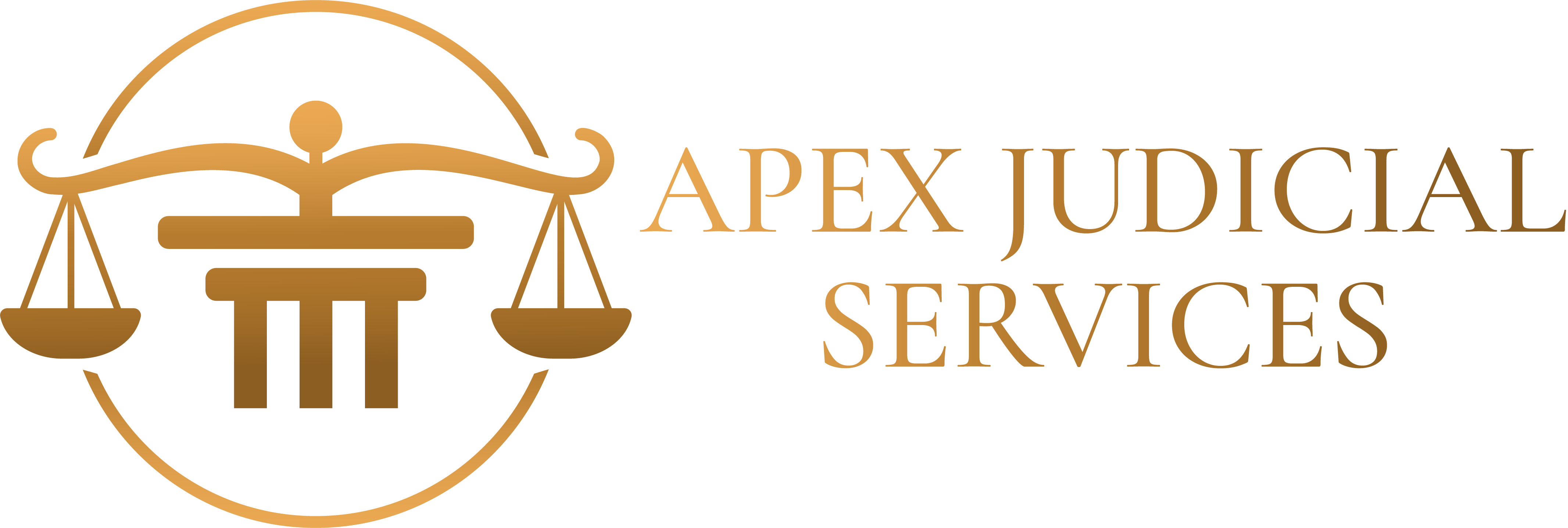Section 148A changed how tax authorities can “re-open” completed assessments, adding procedural safeguards that materially affect taxpayers. Here’s a concise look at the impact and key case updates you should know.https://apexjudicialservices.com/2025/10/14/section-148a-it-act/
What Section 148A does for taxpayers
- Mandatory pre-inquiry: Before issuing a reopening notice under Section 148, the Assessing Officer (AO) must serve a notice under Section 148A(1) (or 148A(1A) for electronic records) asking for an explanation and documents. This gives taxpayers an early chance to rebut alleged escapement of income.
- Opportunity to be heard: After the taxpayer’s response, the AO must consider it and, if still inclined to reopen, issue a reasoned show-cause notice under Section 148A(2)/(4) explaining why reassessment is necessary. The process reduces arbitrary or fishing expeditions.
- Time-bound and reasoned decisions: AOs are required to record cogent reasons and follow prescribed timelines. Failure to comply can render the reopening invalid.
Practical impacts on taxpayers
- Early defense: Taxpayers can often prevent reopening by submitting a concise, evidence-backed response at the 148A(1) stage. Prompt, well-documented replies are crucial.
- Reduced harassment: The procedural steps and judicial scrutiny have curtailed casual or motive-driven re-openings.
- Litigation grounds: Non-compliance by the AO (e.g., no recorded reasons, perfunctory orders, ignoring taxpayer’s response) provides strong grounds for relief in High Courts/Supreme Court.
Important cases and recent updates (2023–Oct 2025)
Notable rulings: Recent authoritative decisions up to Oct 2025 reaffirm that AOs must record contemporaneous reasons on file, evaluate taxpayer submissions, and not rely on boilerplate language. Taxpayers have successfully obtained writ relief where these safeguards were bypassed.
Emphasis on meaningful reasons: Multiple High Court decisions struck down reassessment notices where AOs gave rote or conclusory “reasons to believe.” Courts require application of mind and specific, factual reasons.
Electronic notices and data reliance: Tribunals and High Courts have clarified that reliance on third-party or electronic data (TDS, AIS, analytics) must be paired with reasoned explanation why it leads to escapement; mere data-matching is not enough.
Timelines and procedural lapses: The Supreme Court and several High Courts have held that failure to follow the statutory 148A procedure (including ignoring responses or not issuing a reasoned 148A(2)/(4) order) is a jurisdictional defect, leading to quashing of 148 notices.
Quick tips for taxpayers
- Respond immediately to 148A(1)/(1A) with clear facts, documents, and legal points.
- Request copies of materials relied upon by the AO.
- If the AO issues a 148A(2)/(4) order without adequate reasons, consult counsel promptly — courts have been receptive to quashing defective re-openings. Maintain contemporaneous records to rebut any allegations of escapement.
Bottom line Section 148A empowers taxpayers by institutionalizing an early, reasoned opportunity to contest proposed re-openings. Recent case law through Oct 2025 strengthens these protections — make timely, factual responses and use judicial remedies if procedural safeguards are ignored.

